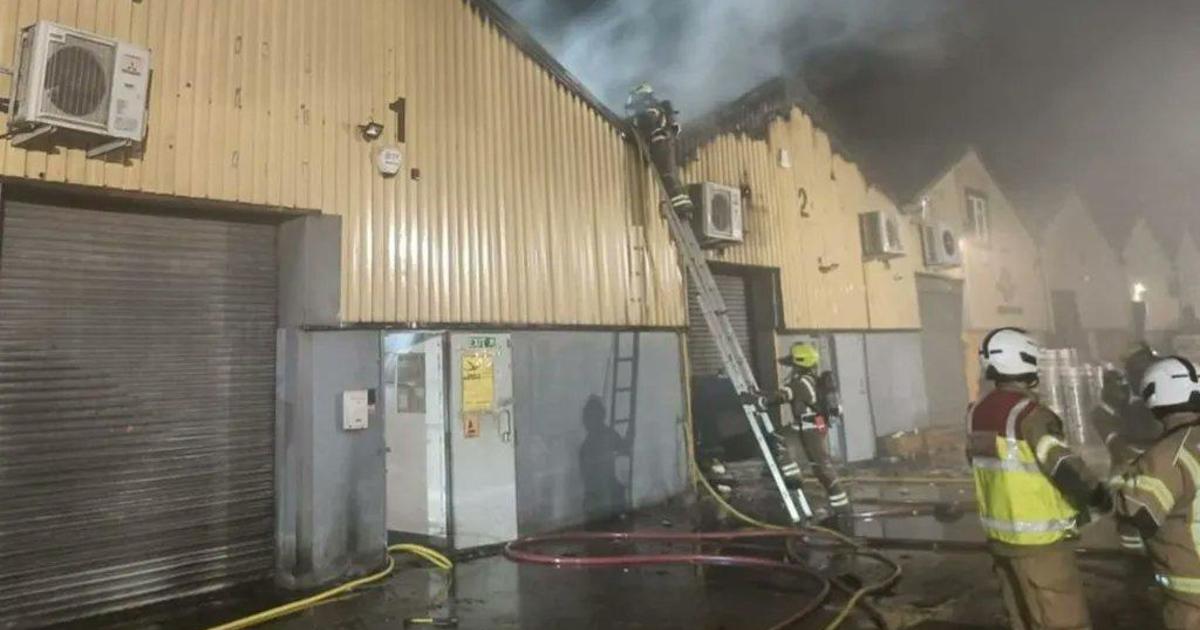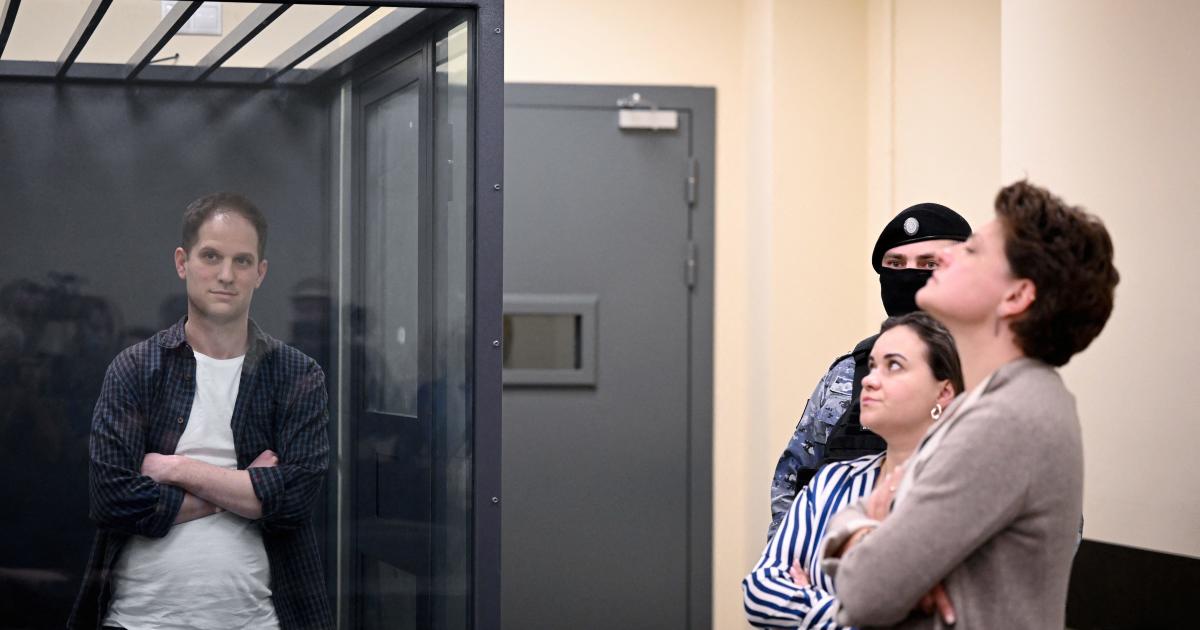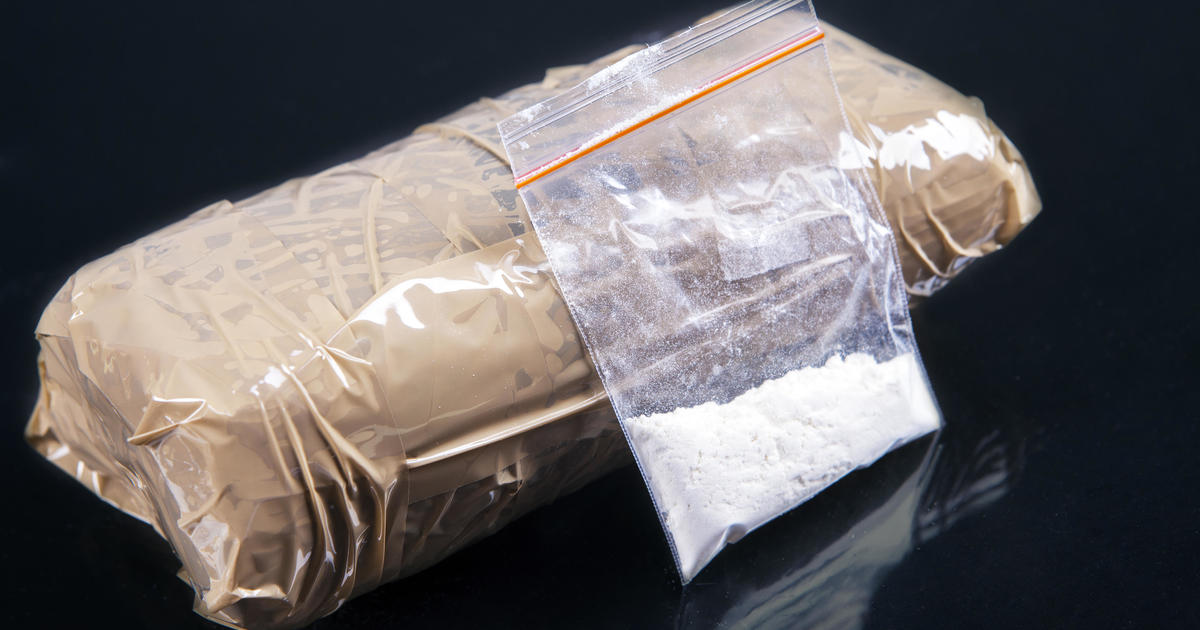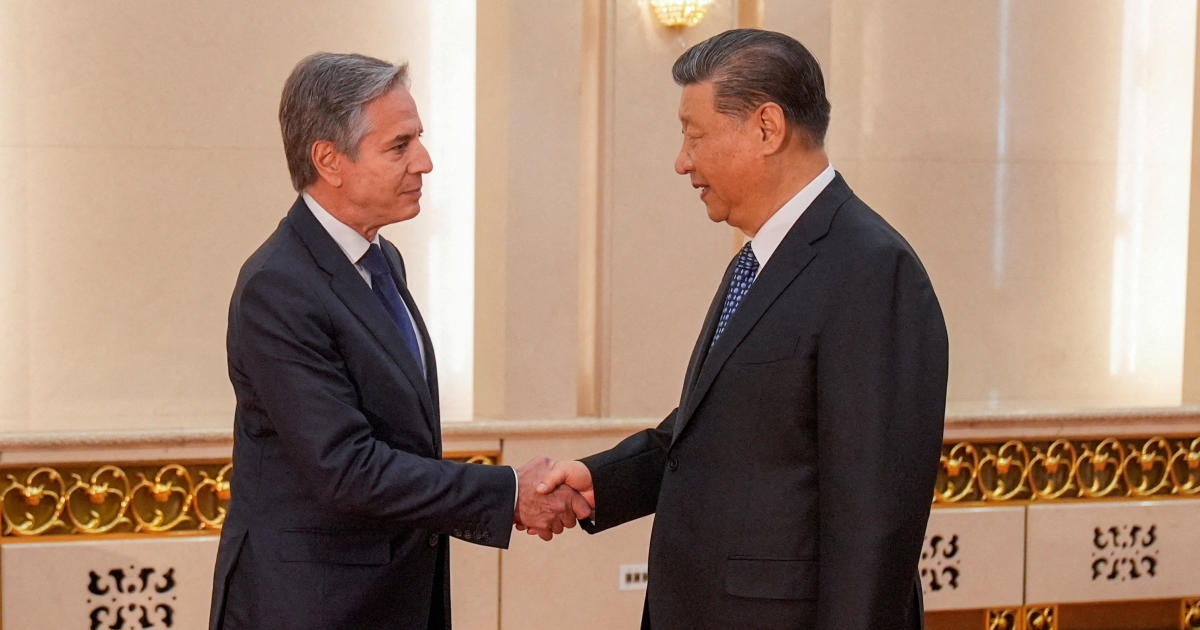U.N. hopeful for grain export deal next week, but Ukraine and Russia skeptical
U.N. Secretary General Antonio Guterres said that talks this week in Istanbul with Ukraine, Russia and Turkey to export the millions of tons of grain in Ukrainian Black Sea ports are moving forward, adding that there is optimism that a deal could be signed next week and that details still need to be agreed upon.
Guterres said that in Istanbul, "we have seen a critical step forward to ensuring the safe and secure export of Ukrainian food products through the Black Sea….In a world darkened by global crises, today, at last, we have a ray of hope."
The talks are an "important and substantive step.. on the way to a comprehensive agreement," Guterres said.
But officials in both Ukraine and Russia are skeptical.
Russia says that the delay in exports of grain in Ukrainian ports is because Ukraine mined the ports and has said that it would not attack vessels in corridors that would be established for the export of the grain. Russia's Foreign Ministry said that their condition is that they will need to check ships to prevent any attempts to smuggle weapons into Ukraine. Most importantly, Russian President Vladimir Putin has yet to sign off on the deal.
Turkey said the deal — expected to be signed next week — includes joint controls for checking shipments, and ensuring the safety of Black Sea corridors by forming a coordination center.
Ukraine officials say Russia is blockading Black Sea ports, which prevents the exports.
Before the talks, Ukrainian President Volodymyr Zelenskyy said Turkey has played a constructive role, but that Russia is stealing Ukrainian grain and selling it.
Ukraine's Foreign Minister Dmytro Kuleba said that a deal needs "security guarantees to ship owners, cargo owners, and to keep Ukraine as an independent nation."
Any agreement needs to ensure that Russia "will respect these corridors, they will not sneak into the harbor and attack ports or that they will not attack ports from the air with their missiles," he said.
Ukraine's U.N. Ambassador Sergiy Kyslytsya applauded the U.N. chief's efforts, but told CBS News on Thursday that Ukraine feels that Russia has "zero degree of trustworthiness," adding that "it's irresponsible to insist that the deal is secured until Russian signals are converted in practical verifiably actions."
"The next meeting is planned next week. Let's hope that Putin guides his envoys in the direction that is needed," Ukraine's U.N. ambassador said, making the point that the deal is necessary to feed the world.
The deal, Ukraine's envoy said is, "needed by all, including and primarily by those who face hunger today, and starvation soon."
"It's the world that needs this agreement and its implementation," Kyslytsya told CBS News.
"The U.N. and the Turks have worked very hard to get even this far on the Odesa deal," Richard Gowan, U.N. director for the International Crisis Group think-tank, told CBS News, adding that the process may drag on longer than expected.
"If the U.N. can make this deal work, it will be an important sign that the U.N. still has a significant role to pay in mitigating the fallout of wars involving major powers," Gowan said.
Guterres said an agreement is possible, but nothing is final yet.
"We still need a lot of goodwill and commitment by all parties. They have shown it. I'm encouraged. I'm optimistic, but it's not yet fully done."
He also stressed the importance of remembering the crisis between the countries.
"Let us never forget that these talks are happening in the midst of a bloody conflict," the U.N chief said, "People are still dying. Fighting is still raging."




